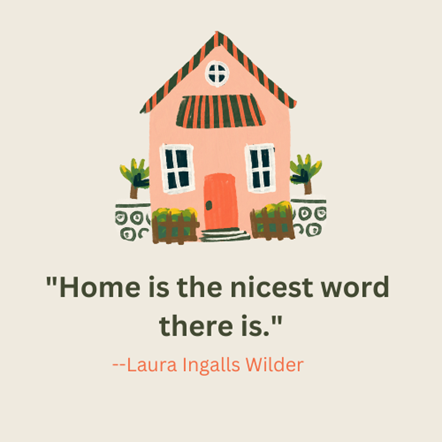by Adapt Training and Development

For some people, being a homebody (or fan of the great indoors) is a source of comfort. Coming home to a space that feels warm, inviting, and generally well-organized has many benefits. Our mental landscape is clearer, for example, when there isn’t a lot of clutter in our physical landscape. Of course, we’re all different, and we all thrive under different conditions. The trick is to figure out what is optimal for us.
Two recent articles from the Houzz website offer some general ideas for things that can make a home feel happier.
- Do what you can to maximize natural light, and clean your windows occasionally so it really streams in.
- Create a “drop zone” in your entryway so that shoes, purses, school backpacks, and other essentials all have a place.
- Make your bed in the morning—there is evidence that this makes us happier!
- Bring in fresh flowers when you can—this is the perfect time of year!
- Display things that promote happy memories—family photos, artwork you made or that was given to you, knickknacks you bought on trips.
- Share your home with pets—there is evidence that this helps our mental health, too (though personal observation would suggest it may not be the *best* way to promote a tidy home).
- Fix the little things—we often procrastinate around the small annoyances like the washing machine that leaks a little water or the lightbulb that burned out, but the small things can feel like big things when we encounter them day in and day out. Deciding to spend a little time each weekend to catch up can set us up for success.
- Create a relaxing space for yourself—this might be as simple as a comfy chair where you like to sit and drink coffee or as “big” as a workshop or art studio. Work with what you have!
As I write this post, I am aware of the privilege of having a home (let alone a house) in a country where so many people are unhoused. Oregon is one of the states with the highest level of homelessness in the U.S. We are grateful for Adapt’s tenancy peers and homeless outreach staff who are working alongside others in our community to offer hope and resources to unhoused individuals and families.
If you’d like more information about homelessness in the U.S., The National Alliance to End Homelessness website has good national and state-specific information.